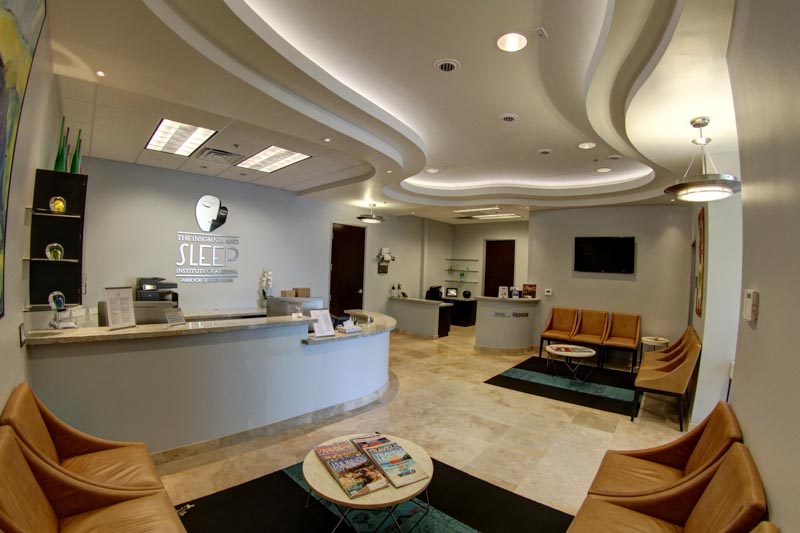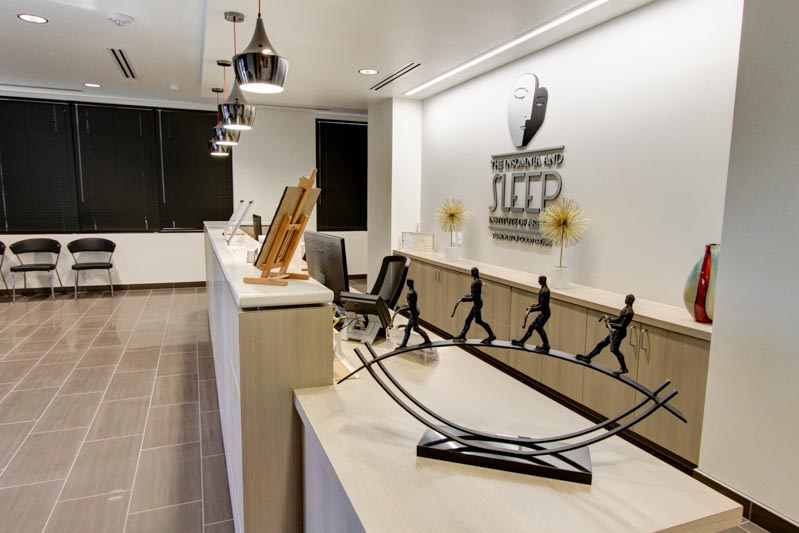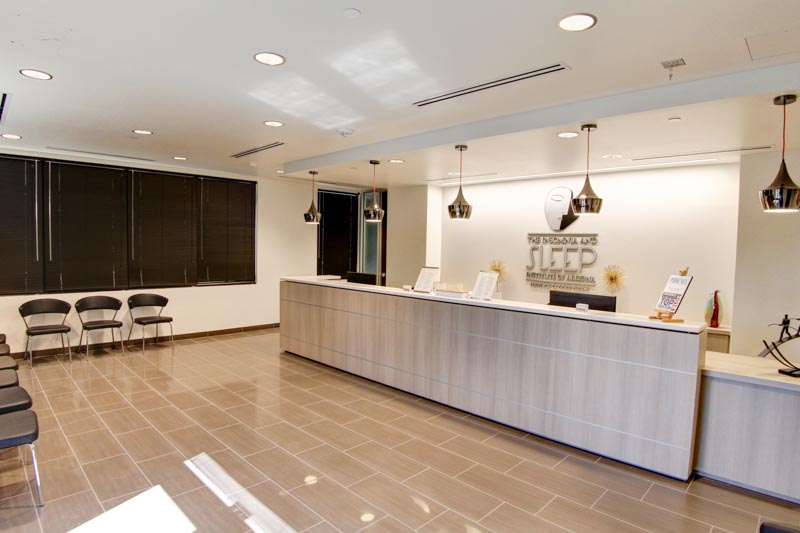Frequently Asked Questions
The below FAQs and our how-to video library provide the quickest way to get answers to the most common questions you have. The Insomnia and Sleep Institute of Arizona is committed to patient safety and we encourage you to explore the FAQs in order to get immediate and concise information on sleep disorders, treatments, and technology.
FAQs About Appointments and Other Policies
Our diverse team can speak with you in English, Spanish, Hindi, Kannada, Tamil, Telugu, and more – see staff pages for details. Please let us know your preferred language or provider when requesting an appointment.
Most insurance plans provide coverage for a specialist office visit and any associated testing subject to any copay or deductible.
Yes, ages 2 and older. In fact, up to 15 percent of our patients are children. A sleep consultation is required prior to a sleep study. Should a sleep study be required, a parent or guardian must accompany the child and remain for the entirety of the study. We will place a cot in the room so that the caregiver can sleep in the same room with the child.
Your insurance company will dictate if a referral is required. If you have Medicare or a PPO, then a referral is not required. HMO’s usually require one. Generally, you can call your primary doctor and ask him/her to fax us a referral. We would be happy to assist you by faxing our referral form to your doctor.
The time to see a doctor especially trained in sleep disorders is when you have had trouble sleeping for more than a month or if you are tired during the day for unknown reasons. If you have trouble falling asleep or staying asleep, it is important to have the cause evaluated by a sleep specialist (and it may require sleep studies). You and your primary care physician should not assume that you have insomnia. Recent studies show that a high percentage (30-50%) of people diagnosed with insomnia actually have another sleep disorder, such as obstructive sleep apnea. Also, it is very important to have your nocturnal breathing pattern evaluated before starting any sleeping aid, because these medications may depress your respiratory drive.
To schedule online simply select the “Book an Appointment” button or send an email through the contact form at the bottom of every webpage.
For fastest service, complete the online form.
FAQs About Disorders and Treatment
Many patients state that, “There’s no way I can fall asleep with all that stuff on me!” The good news is that almost everyone does, it just may take you a little longer than normal. If this is a concern, please voice this to our physician during your appointment.
Patients are requested to arrive between 7:30 and 8:15 pm and generally will be able to leave between 6:00 am and 8:00 am the following day, unless of course you are an early riser. Patients are usually with us about 9 hours in total with the goal of 7 hours of sleep data.
A sleep study is a non-invasive, painless evaluation of your sleep. Electrodes are attached with paste to your body and they monitor your brain waves, rapid eye movements, breathing patterns, respiratory efforts, oxygen levels, snoring, muscle tone and leg movements, heart, and heart rate. You are able to move from side to side during the study.
Yes, we perform both in-lab sleep studies and home sleep studies. The physician and the insurance plan typically dictate which study will be administered.
Yes. During the initial consultation, the physician will perform an extensive review of your medical history with a special focus on your sleep habits and will perform a physical exam aimed at uncovering common causes of sleep disruption. They will evaluate you for one of the more than 80 sleep disorders currently known. Some sleep disorders may be treated without requiring a sleep study, while others require a sleep study to determine which disorder you have and its severity. This visit not only ensures that we are providing you with the best possible service, but it is also preferred by the sleep center to meet the high standards of accreditation by the American Academy of Sleep Medicine.
Not at all. In fact, The Insomnia and Sleep Institute of Arizona offers a wide variety of treatments, including cognitive behavior therapy and strategies for good sleep hygiene, both of which are conservative and non-pharmacological approach.
CPAP therapy, the Inspire implant, and the remedē System are all possibilities for treating sleep apnea but CPAP therapy is first-line therapy for OSA and ASV therapy for CSA. However, not everyone is a good candidate for implants, nor do they qualify if CPAP / ASV therapy is effective. Additionally, the Inspire implant is strictly for treating moderate to severe obstructive sleep apnea while the remedē System is designed just for moderate to severe central sleep apnea. A consultation is the first step in diagnosing and treating all types of sleep apnea.
The best, quickest way to get an answer is by visiting our how-to video library. This is where you will find easy to follow video tutorials that cover the most common questions. If you still have questions, please fill out a contact form and we’ll get right back to you.
Please visit the CPAP supplies page and enter your request into the digital form. This automatically sends a notification to our supply team so you can quickly get the refill(s) that you need.
“Great facility; clean, private, quiet, friendly and competent staff. Made sleeping in an unfamiliar place, connected to sensors with multiple wires as painless as possible.”
– Joanne Berg









